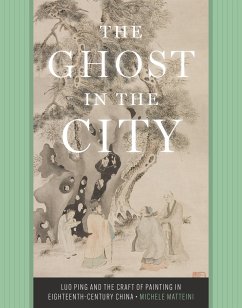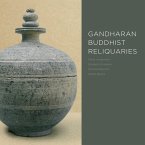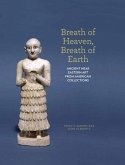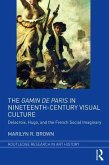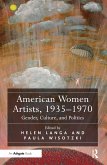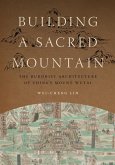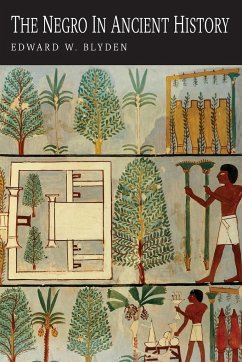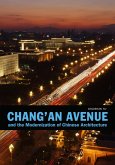"In 1771, the artist Luo Ping (1733-1799) left his native Yangzhou to relocate to the burgeoning hub of Beijing's Southern City. Over several decades, he became the favored artist of a cosmopolitan community of scholars and officials who were at the forefront of the empire's artistic life. Luo Ping's late production-a dazzling sequence of portraits, landscapes, views of the city and its social rituals-captured the pleasures and concerns of a changing world. As the last and youngest of the "Eight Eccentrics of Yangzhou," he is prominent in modern histories of late-imperial painting, where he often stands for the entire artistic world of the mid-Qing period: a commercially successful artist who, thanks to a vivid imagination and a versatile hand, created an eclectic array of pictures for an audience of aspiring urbanites. His painting In the Realm of Ghosts is one of the greatest paintings of the eighteenth century and of the late imperial period altogether. This study takes the reader into the vibrant artistic and literary cultures of Beijing outside the court and to the networks of scholars, artists, and entertainers that turned the Southern City into a place like no other in the Qing empire. At the center of this narrative lie Luo Ping's layered reflections on the medium of painting, its histories, and formal conventions. Close reading of the work of Luo Ping and his contemporaries reveals how this generation of experimental artists sought to reform literati painting, paving the way to developments in the nineteenth and twentieth centuries. Drawing on a vast range of textual and visual sources, The Ghost in the City offers a novel understanding of literati painting's involvement with the modern world"--
Hinweis: Dieser Artikel kann nur an eine deutsche Lieferadresse ausgeliefert werden.
Hinweis: Dieser Artikel kann nur an eine deutsche Lieferadresse ausgeliefert werden.

